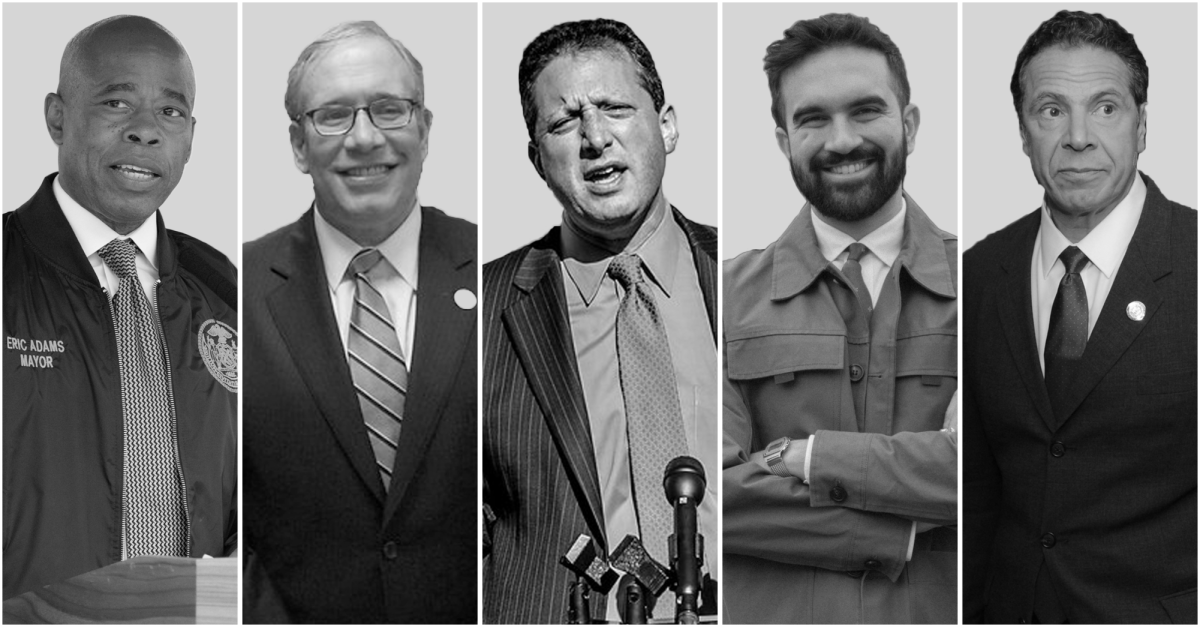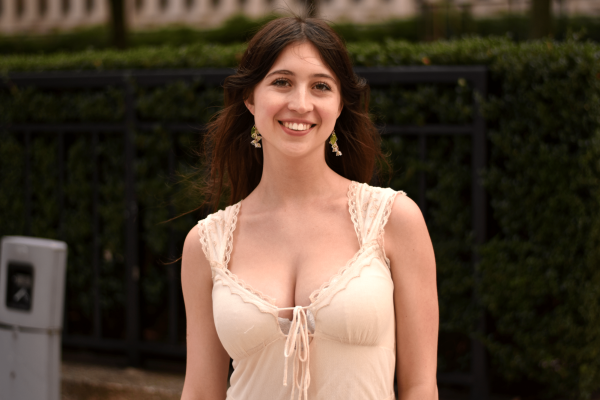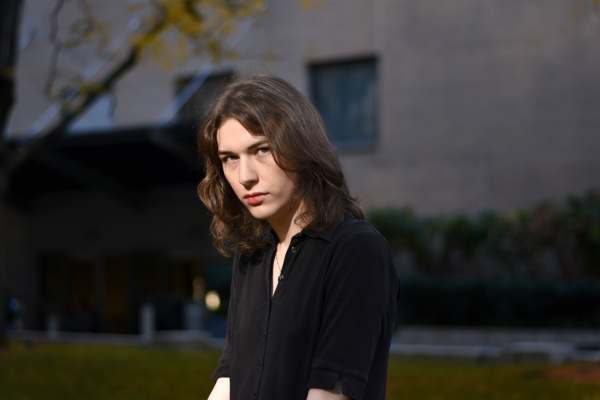In anticipation of the June 24 New York City mayoral primary, candidates have begun fundraising and sharing policy proposals at mayoral forums. Fordham students are watching candidates’ perspectives on housing, safety and transportation.
The crowded mayoral field includes incumbent Mayor Eric Adams, Comptroller Brad Lander, former Comptroller Scott Stringer, State Senator Zellnor Myrie and State Representative Zohran Mamdani.
At recent mayoral forums, candidates presented their stances on key issues like housing, transportation and immigration.
All candidates agreed to build 30 miles of bus lanes annually and broaden the Fair Fares program to encompass 200% of the federal poverty line. Adams stands alone in wanting to criminalize fare evasion and place the National Guard in the subway.
Michael Magazine, Fordham College at Lincoln Center (FCLC) ’27, criticized Adams and wants policymakers to forge innovative approaches to public safety other than spending more money on police.
“Are we gonna put another billion dollars in the NYPD budget? Or maybe we’re gonna look towards other solutions like social workers, like preventative measures, getting students access to attractions and opportunities so they’re not doing subway surfing,” Magazine said.
Several candidates have made affordable housing a significant part of their campaign.
Fordham students will be impacted by the primary’s outcome and share concerns on the future of public policy.
Clark Beach, FCLC ’28, is a native New Yorker and political science major. He said he hopes the next mayor-elect will tackle affordability and public safety.
“I feel like policymakers should focus more on eliminating the problem and not the symptoms, because if we eliminate the sicknesses such as mental health and homelessness and financial troubles, and we can really figure out what’s going on with the congestion prices, which is forcing more people into the subways, then we can really fix the problem of security in the subway system and in the street,” Beach said.
Several candidates have made affordable housing a significant part of their campaign. Mamdani promised to call for a rent freeze, while Myrie pledged to build 700,000 new homes and preserve another 300,000. Lander pledged to end homelessness for the severely mentally ill, while Stringer emphasized a sweeping 47-page housing plan from his 2021 campaign.
For Fordham students like Magazine, housing is a particularly pertinent issue.
“How do you handle the affordability crisis? You know, my Fordham tuition is already high,” Magazine said. “So tackling the housing crisis, particularly for people just entering it, young adults, that’s an important thing. I’m finding voucher programs — can we expand EBT?”
With the breadth of candidates, many Fordham students remain undecided as to who will receive their vote.
Magazine emphasized the importance of ranked-choice voting, which allows New Yorkers to list their top five mayoral candidates for the second time ever after it was introduced in the 2021 election.
“I think the general consensus is, if you like a couple of people, at the very least, if you like a couple of people who aren’t Eric Adams, rank as many as possible,” Magazine said.
In terms of his pick for mayor, Magazine awaits the Feb. 6 mayoral forum.
“It’s kind of difficult because there’s Brad Lander who’s done a bunch of climate stuff, but then Zohran Mamdani has had pretty good housing stuff and so trying to figure out which candidate you want is very much a balancing act of political actions and political statements,” Magazine said.
Mamdani is the most left-wing candidate running, appealing to progressive voters. Mamdani has raised $642,339 from 6,502 donors in the first 80 days of his mayoral campaign, a record high for a single filing period in this primary.
While the Democratic primary is months away, the race to raise funds has already begun.
Some students are frustrated at what they view as a lack of desirable candidates.
“There’s no normal people running for this election,” Beach said.
Stringer ran for mayor in the 2021 primary, but his campaign was upended after sexual misconduct allegations. Incumbent Mayor Eric Adams faces trial on Apr. 21, two months before the primary, under federal indictment.
While the Democratic primary is months away, the race to raise funds has already begun.
Eric Adams already holds a narrow financial lead with around $3 million in his war chest and over $1 million of campaign spending. His legal defense trust is roughly $900,000 in debt and has paid over $2.5 million since its formation in late 2023. Adams was also denied public matching funds in December 2024 by the New York City Campaign Finance Board (CFB) due to his fraud allegations and noncompliance with the Board.
On Jan. 15, the CFB voted to award $5,106,485 to 9 candidates in public matching funds. Brad Lander received just under $3 million of much-needed funds after he missed a critical paperwork deadline and failed to qualify in December. Scott Stringer became the first to collect matching funds last month and has since received around $2 million.
Andrew Cuomo remains a wild card. He has almost $8 million in a campaign finance account but has not formally announced his candidacy. Cuomo served three terms as governor of New York before resigning in 2021 over a sexual misconduct scandal. Nonetheless, a third-party poll found he is a projected frontrunner, with 32% of New Yorkers favoring him.
Stringer follows at 10%, and Lander is third at 8%. Adams was eliminated from the poll in the fifth round, consistent with his record-low approval ratings as mayor at 28%. Adams’ incumbency remains a boon, though. A candidate has not defeated a New York City incumbent mayor since 1989.
Fordham students and New Yorkers across the city watch as mayoral forums and fundraising efforts continue to unfold.



